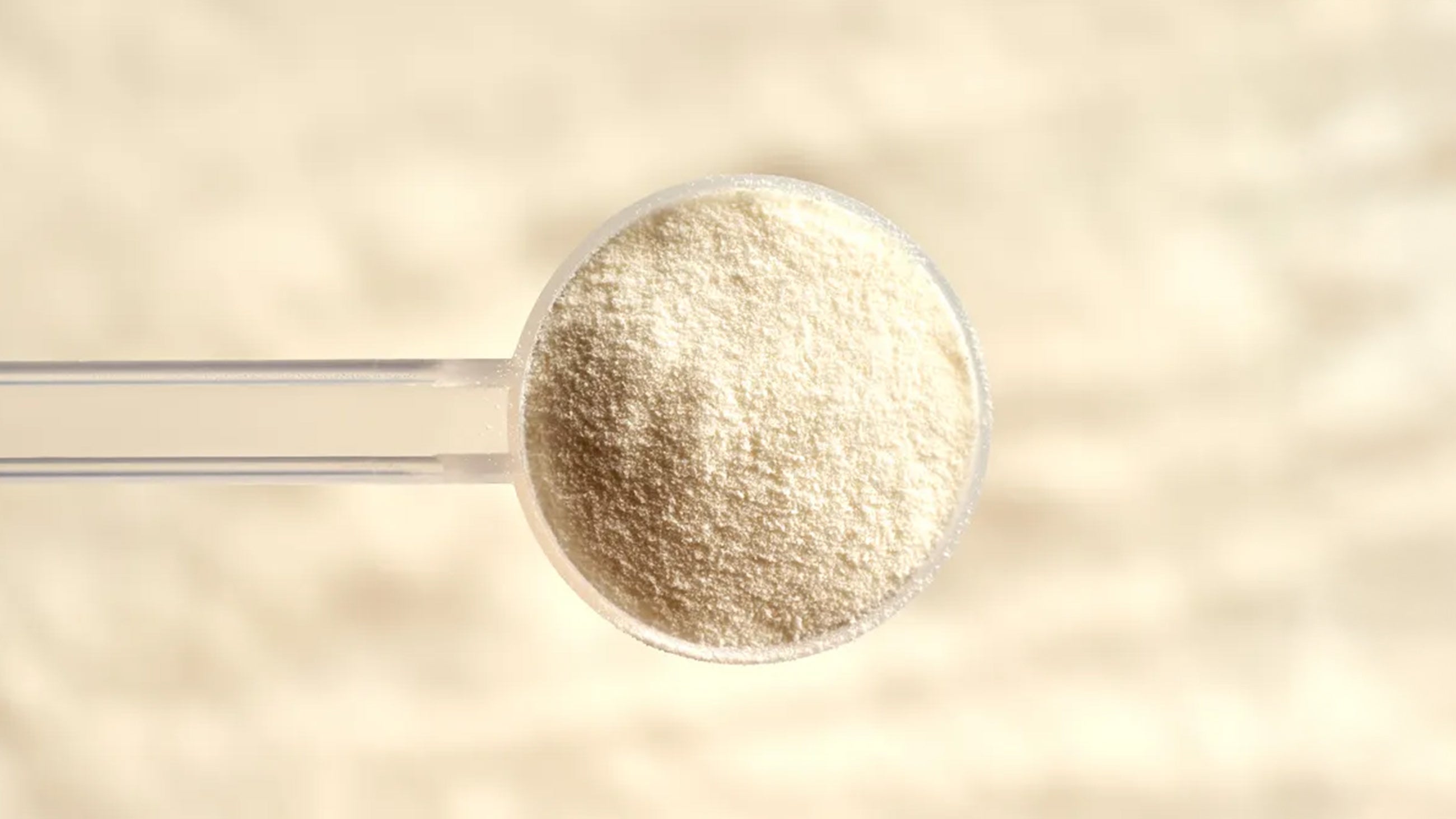Everywhere you turn, collagen supplements are making waves in the skincare world. From powders in your morning smoothie to capsules tucked into your daily wellness routine, collagen has become the “it” ingredient for youthful, glowing skin. And for good reason: research shows collagen supplementation can improve firmness, elasticity, and hydration when taken consistently.
But not all collagen routines are created equal. If you’re curious about how to get the most out of your supplement, this article will break it down into 9 expert-backed strategies that maximize results and keep your skin looking radiant.
Here’s what we’ll cover:
- The science behind collagen supplements and skin health
- 9 proven ways to make collagen more effective
- Safety, dosage, and realistic expectations
- FAQs about collagen for skin
Why Collagen Supplements? The Science Behind It
Collagen is the scaffolding of your skin - it keeps it plump, firm, and elastic. Unfortunately, as early as your mid-20s, your natural collagen production starts declining. Add in sun exposure, smoking, stress, and even sugar, and that decline speeds up. The result? Wrinkles, sagging, and dryness.
This is where collagen supplementation comes in. Instead of relying on your body to make enough, collagen peptides provide building blocks to encourage your fibroblasts (skin’s repair cells) to keep working.
- Cleveland Clinic confirms collagen supports skin structure, but natural production declines over time (Cleveland Clinic).
- A 2021 meta-analysis of oral collagen supplementation found significant improvements in hydration, elasticity, and wrinkle reduction (NIH - PMC).
- Another review highlighted consistent benefits in elasticity and moisture, with a good safety profile (NIH - PMC).
Of course, experts like Harvard Health note that while results are promising, supplements aren’t magic and more long-term research is needed (Harvard Health).

9 Expert-Backed Ways to Use Collagen Supplements for Better Skin
1. Choose Hydrolyzed Collagen (Peptides)
Hydrolyzed collagen (a.k.a. collagen peptides) is broken down into smaller molecules, making it easier for your body to absorb and use. Whole collagen proteins are too large to be effective, so always look for “hydrolyzed” on the label.
2. Stick to a Clinically Supported Dose
Most clinical trials show skin benefits at 2.5–10 grams per day. Start at the lower end and adjust as needed. More isn’t always better - it’s about consistency.
3. Take It Daily, Not Occasionally
Your skin cells respond to repeated signals. Taking collagen “here and there” won’t cut it. Commit to a daily routine for at least 8–12 weeks for visible results.
4. Pair With Vitamin C
Vitamin C is essential for collagen synthesis. Without it, your body can’t properly build or stabilize collagen fibers. Pair your collagen supplement with a small dose of vitamin C or choose a blend that includes it.
5. Support With Skin-Smart Habits
Supplements can’t undo daily damage. Protect your investment by wearing SPF, prioritizing sleep, and avoiding smoking. UV rays and sugar are two of collagen’s biggest enemies.

6. Time It Right
Some experts recommend taking collagen on an empty stomach or with a light protein snack for better absorption. The key is consistency - whether it’s morning coffee or your evening tea, make it a ritual.
7. Rotate Collagen Sources
Marine collagen (from fish) and bovine collagen (from cows) offer slightly different amino acid profiles. Rotating sources may broaden your benefits, but always check for allergies (e.g., fish sensitivities).
8. Monitor Your Skin After 8–12 Weeks
Give collagen time to work. Most people start noticing subtle changes in firmness and hydration around the two to three-month mark. If you don’t see improvements, try adjusting your dose or switching brands.
9. Cycle With Breaks If Needed
Some experts suggest taking short breaks after three to four months to prevent diminishing returns. While not strictly necessary, this approach can help your body reset.
💡 Bonus: Pair Collagen With Medspa Treatments for Enhanced Results
If you’re investing in medspa treatments like microneedling, chemical peels, or laser resurfacing, adding collagen supplements to your routine can take your results to the next level. These procedures already stimulate your skin’s natural repair process - and by supplying your body with extra collagen peptides, you’re essentially giving your skin the raw materials it needs to heal faster, rebuild stronger, and look more radiant. Think of it as a supportive “booster” for your in-office treatments, helping your results last longer and appear more noticeable.

Safety, Quality & What to Watch Out For
Collagen supplements are generally well-tolerated, but quality matters. Choose products that are:
- Third-party tested for contaminants like heavy metals
- Transparent about sourcing (marine vs. bovine)
- Free of unnecessary fillers
⚠️ Watch out for:
- Allergic reactions (especially with fish-based collagen)
- Pre-existing conditions (kidney disease, gout - consult your provider)
- Overhyped claims - collagen supports skin, but it isn’t a facelift in a jar
How Long Until You See Results?
Patience is key. Most clinical studies report visible skin benefits at 8–12 weeks of consistent use. Some people notice hydration changes sooner, but firmness and wrinkle reduction take time.
Think of collagen as skincare from the inside out - subtle, cumulative, and most effective when combined with healthy habits.
Choosing a Quality Collagen Supplement
When shopping for collagen, check for:
- Hydrolyzed peptides listed on the label
- Molecular weight disclosure (ideally under 5,000 Daltons)
- Expiration date & storage instructions
- Third-party testing certifications
🚩 Red flags: vague “proprietary blends,” overly cheap prices, or no sourcing info.
Frequently Asked Questions
| Question | Answer |
| Is marine collagen better than bovine? | Both work. Marine is often smaller in size (absorbs faster), while bovine is rich in type I & III collagen. |
| Can collagen replace skincare products? | No. It works best combined with topical retinoids, SPF, and moisturizers. |
| Do I need vitamin C with collagen? | Yes. Vitamin C is crucial for collagen synthesis and enhances results. |
| How long should I take collagen? | At least 8–12 weeks consistently. Many people continue long-term for maintenance. |
| Can I mix collagen with protein shakes? | Absolutely. Just make sure your total protein intake fits your health goals. |
Conclusion
Collagen supplements aren’t a miracle cure, but when used correctly, they can significantly improve hydration, firmness, and skin texture over time. By choosing the right form, dosing consistently, pairing with vitamin C, and sticking with it, you’ll give your skin the support it needs to stay youthful and resilient.
✨ The bottom line? Collagen for skin works best when you treat it like skincare from the inside out.
If you’re looking to boost collagen for skin near me, Fix Studios offers collagen boosting treatments for skin in Cincinnati OH and is located in Mason OH and conveniently located near Montgomery OH, Sycamore Township OH, Symmes Township OH, West Chester OH, Blue Ash OH, Loveland OH, Landen OH, Sharonville OH, Evendale OH, Fairfield OH, Hamilton OH, and other areas of Greater Cincinnati.
Disclaimer
This article is for informational purposes only and should not be considered medical advice. Results vary from person to person. Always consult with a qualified provider before starting any treatment.







Share:
5 Simple Steps to Start Repairing Sun Damage at Home
Screens Are the New Sun: Why You Still Need Sunscreen for Screen Use